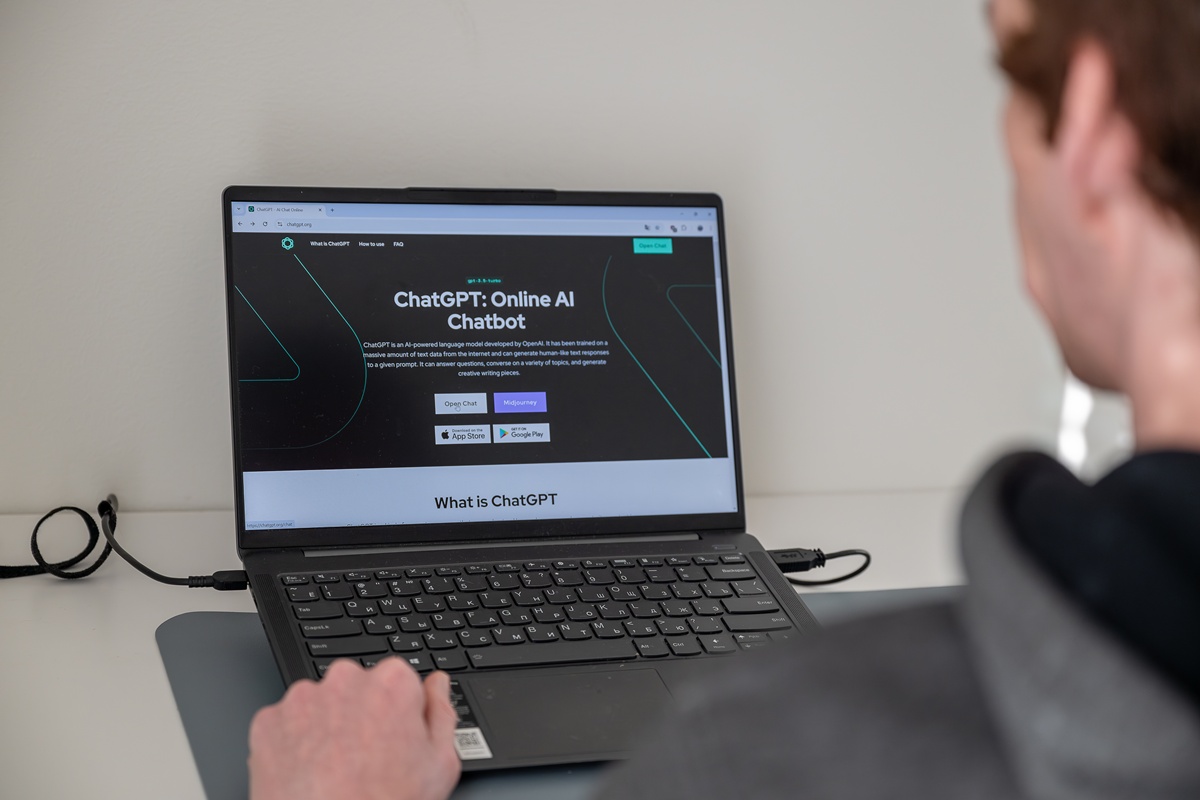April 08, 2025
Americans embrace ChatGPT, but still rely on humans for high-stakes advice

According to a recent study from Express Legal Funding in collaboration with SurveyMonkey, over half of U.S. adults (60%) have turned to ChatGPT for advice or information. Among those users, 70% found the responses helpful, pointing to a growing comfort with AI in everyday situations. But while curiosity and utility drive engagement, trust remains sharply divided—especially when the stakes are high.
“This study highlights how many Americans are navigating the fast-growing influence of generative AI and natural language processing agents in their daily lives and that ChatGPT is far from being just a fringe use tool,” said Aaron Winston, PhD, strategy director at Express Legal Funding and lead author of the report. “Most people are open to using ChatGPT for advice—and over a third even say they trust it more than a human expert.”
The survey reveals that Americans are most confident using ChatGPT for career guidance, educational help, and product recommendations. These areas, seen as low-risk and exploratory, show where people feel comfortable experimenting with AI-generated input.
In contrast, legal and medical advice remains off-limits for most respondents. Despite ChatGPT’s growing sophistication, many people still hesitate to rely on it for decisions that could have serious consequences.
As many as 34% of respondents said they trust ChatGPT more than a human expert in at least one area, which reflects shifting attitudes toward traditional authority and technology.
However, that trust doesn’t yet translate into confidence that AI can improve their lives financially. Only 11.1% believe that ChatGPT will positively impact their financial situation.
Demographic differences
Younger adults aged 18–29 and mobile users—Android and iPhone—report significantly higher levels of trust in ChatGPT than older generations and desktop users. This contrast highlights a broader digital generational divide, with scepticism strongest among older adults and high-income earners, who tend to be more cautious about relying on AI.
In addition, enthusiasm is muted regarding the broader implications of AI. Just 14.1% strongly agree that ChatGPT will benefit humanity in the long run. While many find AI intriguing and useful in limited contexts, Americans still draw a line between convenience and trust—especially when human expertise offers reassurance, empathy, and accountability that technology hasn’t matched.



